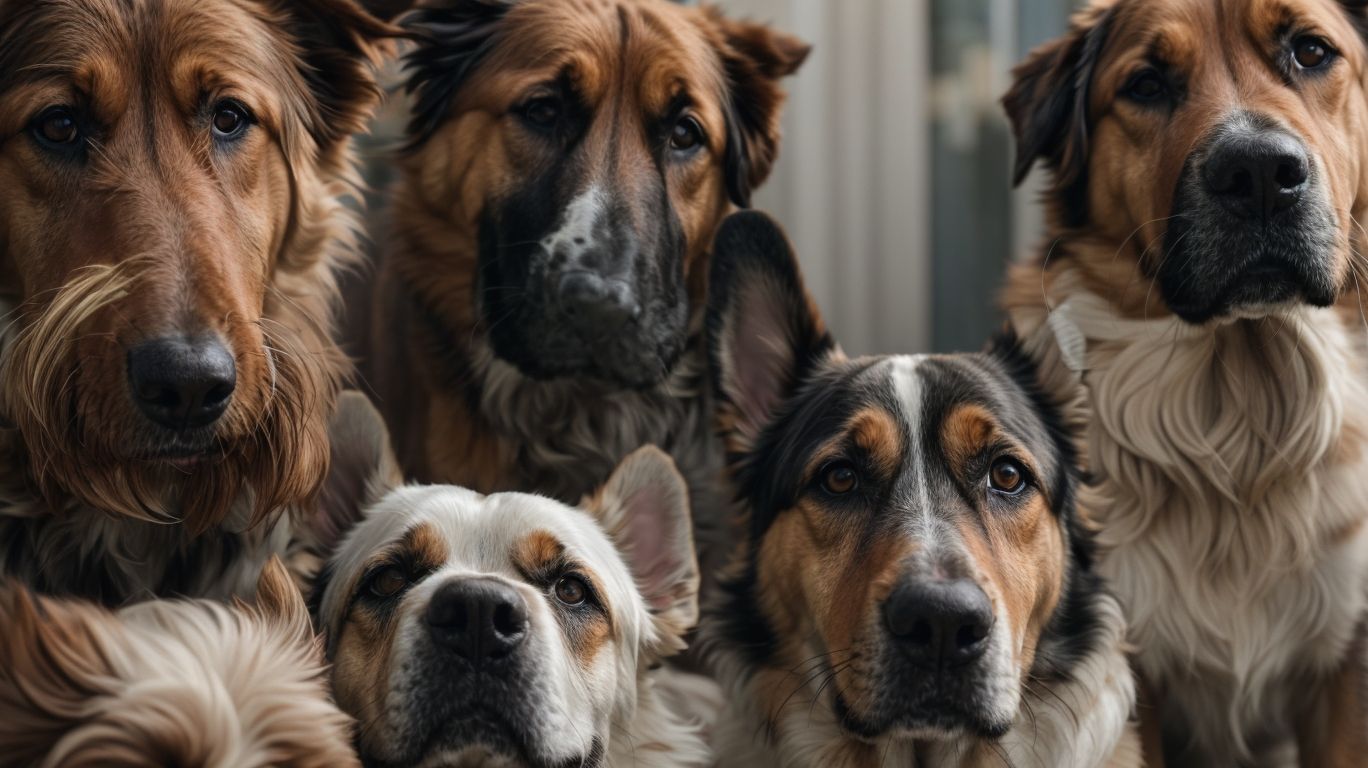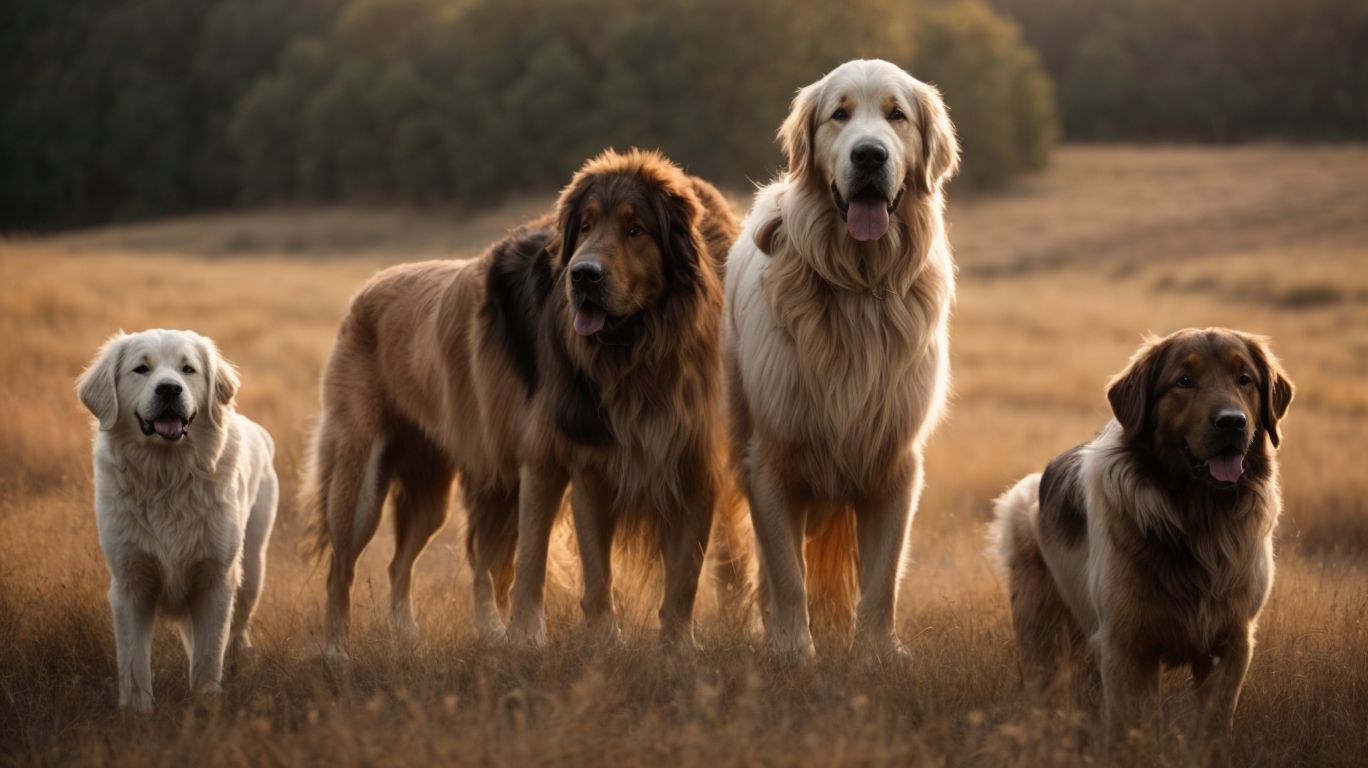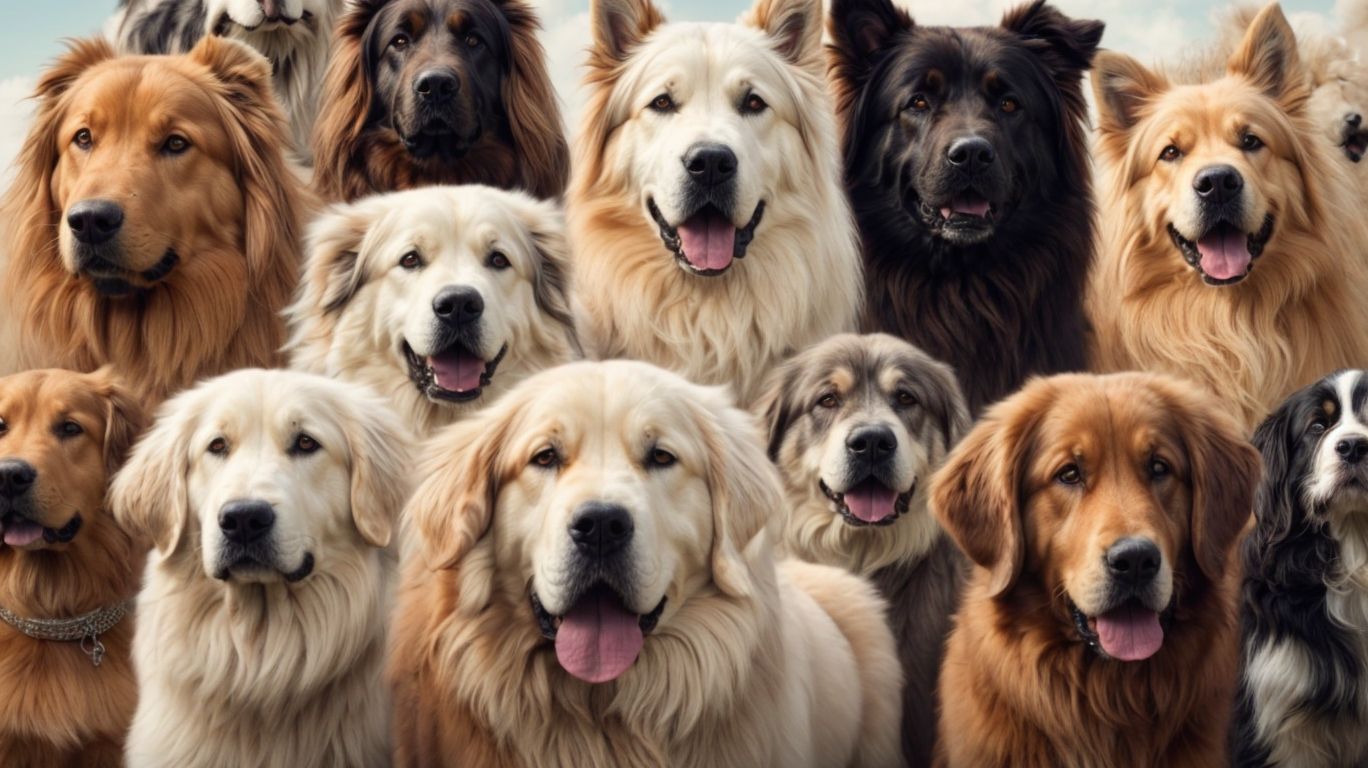
Dog Breeds and Allergies: Which Are the Worst and Best for Allergic Owners?
Are you a dog lover dealing with allergies? If so, you’re not alone. Allergies to dogs are a common concern for many pet owners, and understanding the causes and solutions is crucial for managing this issue.
In this comprehensive guide, we will explore the ins and outs of dog allergies, including the most common allergens in dogs, the worst dog breeds for allergic owners, and the best dog breeds for those with allergies. We’ll provide practical tips for managing dog allergies, including reducing exposure to allergens in the home and exploring medication and alternative options.
Whether you’re considering getting a dog or already have one and are seeking relief from allergies, this article will equip you with the knowledge needed to make informed decisions and improve your quality of life as a dog owner.
What Are Dog Allergies?
Dog allergies refer to the immune system’s sensitivity or allergic reactions experienced by some pet owners when exposed to pet dander, hair, or fur.
These allergic reactions typically manifest as sneezing, coughing, wheezing, itching, hives, and, in severe cases, asthma attacks. When a person with dog allergies comes into contact with pet dander, their immune system perceives it as a threat and releases histamines and other immune chemicals, leading to the aforementioned symptoms.
The impact on allergic owners can be distressing, as it may limit their ability to spend time with dogs or in dog-friendly environments, causing frustration and a decreased quality of life. Managing dog allergies often involves minimizing exposure to pet dander, using air purifiers, and prescribed medications.
What Causes Dog Allergies?
Dog allergies are primarily caused by exposure to pet dander, fur, or hair, which contain allergens triggering allergic reactions in sensitive individuals, particularly allergic pet owners.
These allergens, such as proteins found in the dog’s skin flakes, urine, and saliva, can cause symptoms like sneezing, runny nose, itchy eyes, and skin rashes in allergic individuals. The microscopic size of pet dander allows it to easily float in the air and settle on surfaces, making it difficult for allergic owners to avoid exposure.
Even hypoallergenic dog breeds can produce dander and cause allergic reactions in some people due to the proteins present. Fur and hair can trap outdoor allergens, exacerbating allergic symptoms in pet owners.
What Are the Most Common Allergens in Dogs?
The most common allergens in dogs are often associated with pet dander, shedding, and grooming habits, which contribute to allergic reactions in sensitive individuals, especially allergic pet owners.
These allergens can be a result of the proteins found in a dog’s skin cells, urine, and saliva, which can be spread through the air or left on surfaces, causing discomfort for allergy sufferers. Dog shedding can release tiny particles of dander into the environment, exacerbating allergy symptoms.
Regular grooming practices, including bathing and brushing, can help reduce the spread of these allergens, providing relief for both allergic pet owners and their furry companions.
What Are the Worst Dog Breeds for Allergic Owners?
Some dog breeds are considered the worst for allergic owners due to their high tendency to produce pet dander, excessive shedding, and potential allergic reactions in sensitive individuals.
These breeds, such as the Labrador Retriever, German Shepherd, and Golden Retriever, have double coats that shed profusely, releasing pet dander into the environment. Breeds like the Yorkshire Terrier and Poodle, while low-shedding, still produce dander that can trigger allergic reactions. Their fur and skin particles can linger in the air and on surfaces, posing a challenge for allergic owners seeking a hypoallergenic pet.
It’s important for allergic individuals to carefully research and consider these factors when selecting a dog breed.
Why Are These Breeds Considered the Worst?
These breeds are deemed the worst for allergic owners due to their high shedding, grooming requirements, and the production of allergens such as pet dander, which can exacerbate allergic reactions in sensitive individuals.
The excessive shedding of these breeds can lead to a buildup of pet dander in the environment, making it challenging for allergic owners to manage. The grooming needs of these breeds, which often include regular brushing and maintenance, can further contribute to the presence of allergens in the home.
Despite efforts to minimize exposure, the allergens produced by these breeds can persist, posing difficulties for allergic individuals seeking to coexist with a dog.”
What Are the Best Dog Breeds for Allergic Owners?
Certain dog breeds are considered the best for allergic owners due to their hypoallergenic qualities and minimal shedding, offering a more allergy-friendly pet ownership experience.
These qualities make them suitable for individuals with allergies, as they produce less dander, reducing the likelihood of triggering allergic reactions. Some popular hypoallergenic and non-shedding breeds include the Poodle, Bichon Frise, Maltese, and Portuguese Water Dog. These breeds are known for their low-shedding coats and are often recommended for people with allergies. Their friendly and sociable nature makes them great companions for allergy-friendly pet care.
Why Are These Breeds Considered the Best?
These breeds are considered the best for allergic owners due to their unique coat type, low maintenance pet care needs, and compatibility with allergy-friendly environments, providing a pet-friendly experience for allergic individuals.
Their hypoallergenic coat types, such as the Poodle’s curly hair and the Bichon Frise’s curly, dense coat, produce less dander and shedding, which are common triggers for allergies. Breeds like the Maltese, Shih Tzu, and Portuguese Water Dog are known for their minimal shedding, reducing the presence of allergens in the home. Their calm and gentle demeanor also makes them ideal companions for allergy sufferers who require a pet-friendly environment. These breeds can bring joy and companionship to allergic individuals without exacerbating their allergies.
What Are Some Tips for Managing Dog Allergies?
Managing dog allergies involves implementing strategies to minimize allergic reactions, considering pet ownership options, and prioritizing health considerations for allergic individuals.
One practical tip for reducing allergic reactions is to choose hypoallergenic dog breeds that produce fewer allergens in their saliva and dander. Regular grooming and bathing of the dog can also help minimize the spread of allergens in the household.
Creating pet-free zones in the home, such as the bedroom, can provide a sanctuary for allergic individuals. Making informed pet ownership decisions includes consulting with an allergist to understand potential health considerations and exploring alternative options, such as fish or reptiles, if severe allergies persist.
How Can I Reduce Exposure to Allergens in My Home?
Reducing exposure to allergens in your home involves implementing measures to control pet dander, minimize pet hair accumulation, and maintain regular grooming practices for your pets.
Regularly brushing your pets can help reduce the amount of pet dander and loose hair they shed. Investing in a high-quality air purifier with a HEPA filter can help to capture airborne pet dander particles.
Vacuuming frequently with a vacuum cleaner equipped with a HEPA filter can also effectively remove pet dander and hair from carpets and furniture. Washing your pet’s bedding and other areas where they spend time can help reduce the presence of allergens in your home.
Are There Any Medications That Can Help with Dog Allergies?
Several medications can help alleviate dog allergies by targeting the immune response, providing relief for allergic individuals, and offering alternative options for managing allergic reactions.
These medications may include:
- antihistamines, which can block the action of histamine, reducing symptoms such as itching and sneezing.
- corticosteroids, which help to reduce inflammation and swelling in the body, providing relief from allergic reactions.
- allergy shots, also known as immunotherapy, which can help desensitize the immune system to dog allergens, gradually reducing the allergic response over time.
In addition to medications, alternative options such as regularly bathing the dog, using air purifiers, and keeping the home environment clean can also contribute to managing dog allergies effectively.”
What Are Some Alternative Options for Allergic Dog Lovers?
For allergic dog lovers, exploring alternative options such as specific pet selection criteria and considering pet adoption from allergy-friendly breeds can provide fulfilling pet ownership experiences while managing allergic sensitivities.
Understanding the specific characteristics of hypoallergenic breeds, like non-shedding coats and minimal dander production, can be crucial in making informed pet selections. Consulting with animal shelters or rescue organizations to inquire about available allergy-friendly pets for adoption opens up an avenue for providing a loving home to pets in need while catering to one’s allergies.
Embracing regular grooming routines, maintaining a clean living environment, and seeking medical advice for managing allergic reactions also form integral parts of navigating the rewarding journey of pet ownership despite allergies.




No Comments